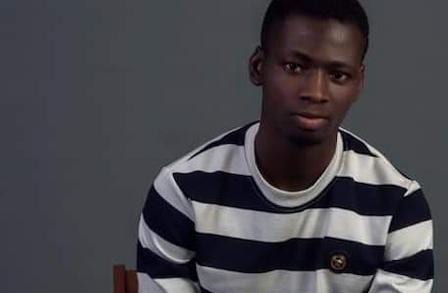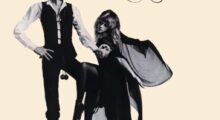
Credit: Tom Swinnen
In a dark room/ where the skirl of an angel’s hosanna/ heaved
inside the walls like the shadows of a myth/ I pulled out my heart/& searched for the knoll of grief/ the paralytic mound of an ache/
that widens into a dark nill/ I’ve been trudging the trails of my life/On my voyage/ magpies praising the bedlam of my body/ & every
other night/ I set my bed ablaze to keep my family warm/ the lieis that: no one hurts/ the truth is: even the sky mourns a loss/ the
boon is: I am a dove nestled behind God’s hands/ holy percussion/o/ what is grief if not the mortician that travels through the body?/
Sometimes/ I am a dent closer to happiness/ wolf licking the moonoff a dark/ Truly I say unto you/ life whets everything but why
are our bones this responsive to loss?/ I am sorting out the applesfrom the appendage/ I am cutting my Aprils off the Appendix/
that’s it/ that is the closest my fingers ever came close to purpose/To be honest/ there’s sometimes a silence where the sheep/ seeks
a shepherd/ sometimes wail coats its body where there should bewool/ & the fact remains: guillotine would often be an omen/ & the
arrow lurched into distance/ would sometimes split the wrong ribs/*I sabi say even awa eden fit be sabotage/ & awa hands no go fit/ be
paddle enough for all the katakata wey the world don heap ontopawa bodi/ But no one should climb this high to healing/ & watch it
slip away/ Brethren/ the closest my eyes came to God was in the blur/* Nigerian pidgin
In “The Body Walks Through Grief Towards God,” Nigerian poet Nome Emeka Patrick explores the way grief moves through one’s body; its ability to tug on hearts, to form aching mounds and to wail. His language is rich and evocative, mixing images of God and angels with the dark, burning sensations of loss and creating a palpable sense of the weight — and universality — of grief.

Poet Nome Emeka Patrick
Credit: The Poetry Foundation
While the poem doesn’t clarify whom its author is grieving, it could be Patrick’s mother, whom he lost at a young age, or his maternal grandmother, who later cared for him and his siblings in a village in Ondo state, telling them stories by moonlight. Childhood loss of a parent is a significant event that can have repercussions well into adulthood.
“I find myself mourning those two women over and over again,” Patrick said in a June 2020 interview with Uchenna Emelife for Book O’clock Review. “My relationship with poetry is mostly an evaluation of the self — a microscopic look into the self. A stretch into what seems to be repressed.” In another poem, “To bless the body, grief arranges for it a bed,” Patrick describes staying up “to listen for my mother’s ghost in the garden.”
Patrick, who studied English language and literature at the University of Benin in Nigeria, lives in Lagos. “The Body Walks Through Grief Towards God” won third place from Frontier Poetry’s 2020 Award for New Poets.

 “The Body Walks Through Grief Towards God” by Nome Emeka Patrick
“The Body Walks Through Grief Towards God” by Nome Emeka Patrick


 “Songbird” by Fleetwood Mac
“Songbird” by Fleetwood Mac
 First the Wealth Gap, Now the U.S. Has a Growing Health Gap
First the Wealth Gap, Now the U.S. Has a Growing Health Gap
 How to Comfort A Dying Loved One
How to Comfort A Dying Loved One














